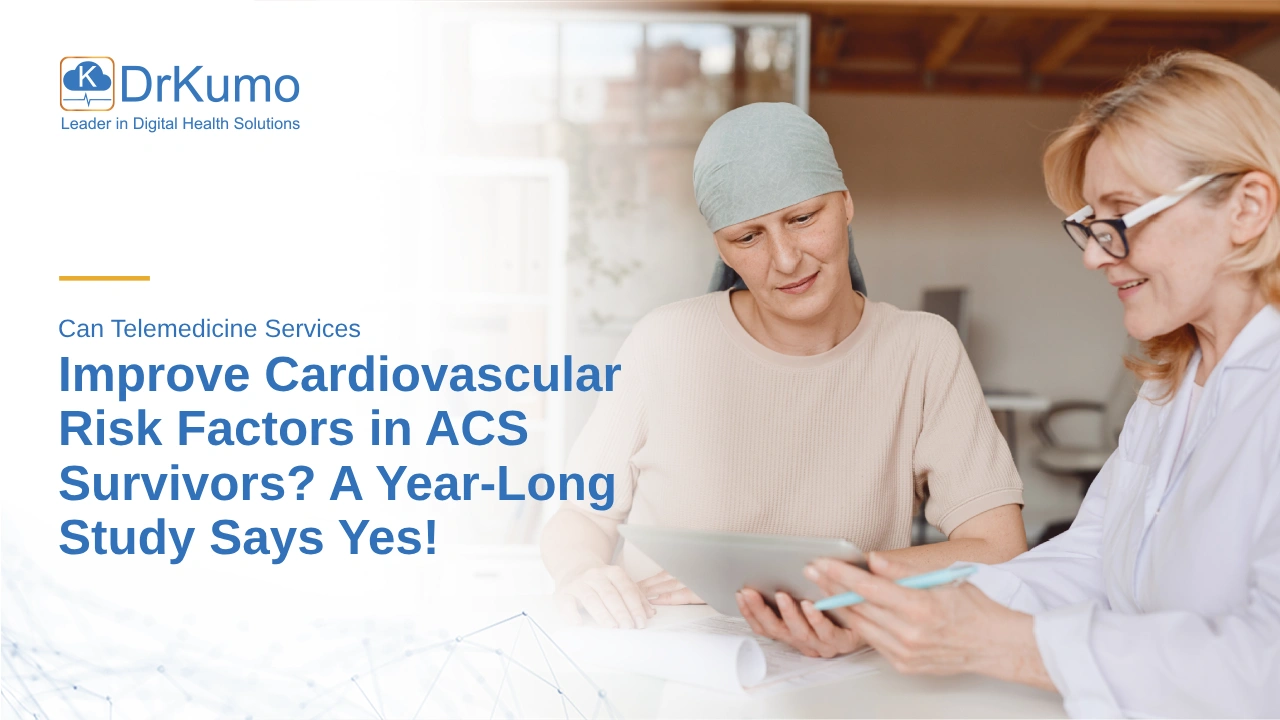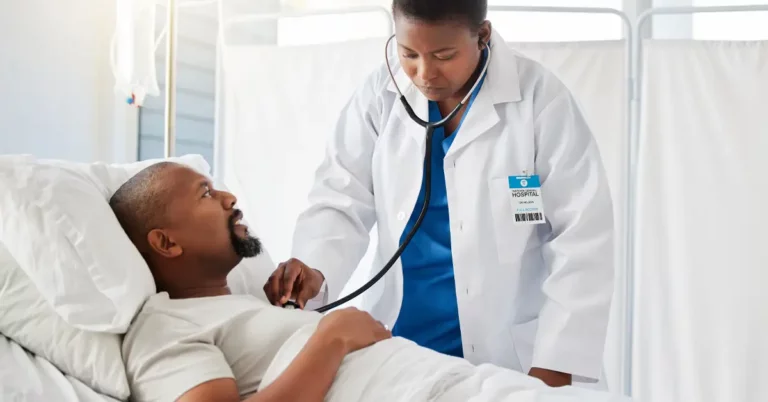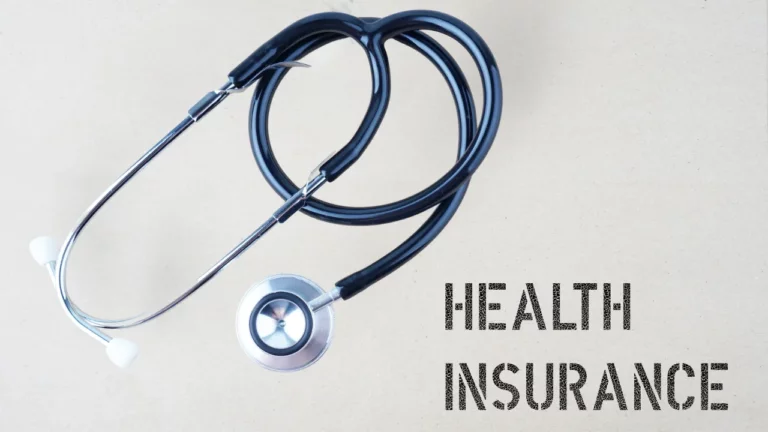Telemedicine services are transforming chronic disease management by improving patient monitoring and expanding access to care, especially for patients with chronic conditions like coronary heart disease (CHD). A study published in 2012 conducted with survivors of acute coronary syndrome (ACS) has revealed noteworthy results: telemedicine services can significantly improve cardiovascular risk factors and help prevent future heart problems.
The study implemented a mobile‐phone-based telemonitoring platform through which patients submitted scheduled biometric readings (blood pressure, weight, lipids, glucose) to care managers and received individualized SMS feedback. In the following section, we’ll examine the outcomes — improvements in treatment adherence and cardiovascular risk‐factor control, plus potential reductions in hospital readmissions — to show how this model can enhance chronic disease management.
The Study: Using Telemedicine to Monitor Heart Health
In a randomized controlled trial, 203 ACS survivors were split into two groups: the telemedicine group (TMG) and the control group (CG). The TMG patients were provided with self-measurement devices like blood pressure monitors, glucose meters, and lipid testers. Each week, patients transmitted their health data, such as blood pressure, weight, and heart rate, through mobile phone messages to care managers. A cardiologist reviewed this data through a secure web platform and sent personalized recommendations to the patients via text messages.
The main goal of the study was to see if this telemedicine approach could help improve key cardiovascular risk factors like blood pressure (BP), body mass index (BMI), smoking habits, low-density lipoprotein cholesterol (LDL-c), and glycated haemoglobin A1c (HbA1c) levels. The results indicated notable improvements: at the 12-month follow-up, TMG patients showed significantly better outcomes compared to the control group. Specifically, more TMG patients achieved their BP goals (62.1% vs 42.9%) and improved their HbA1c levels (86.4% vs 54.2%).
The Impact: Telemedicine Boosts Health Outcomes
The results from this study suggests that telemedicine services can play a crucial role in improving the health of individuals with chronic conditions. Patients in the telemedicine arm achieved significantly greater improvements across multiple cardiovascular risk factors. Over 12 months, their mean BMI fell by 0.77 kg/m² — more than double the 0.29 kg/m² reduction seen in controls. They also recorded larger declines in systolic blood pressure (–5.1 mmHg vs. –0.8 mmHg) and, among diabetic participants, a greater drop in HbA1c (–0.6% vs. –0.2%), illustrating how regular remote monitoring and tailored feedback can drive better adherence and clinical outcomes.
This telemonitoring approach drove high patient engagement—measured by completion of 89% of scheduled WAP data‐upload sessions (with 83% of patients completing over 75% of uploads), plus self‐reported medication adherence of 99%—ensuring sustained participation in self-monitoring and treatment.
Patients sent weekly biometric updates (blood pressure, weight, lipids, glucose) via mobile phone, supporting ongoing involvement in self-care without as many in-person appointments. Clinicians accessed those reports remotely, which may have enabled more responsive treatment tweaks and helped ease clinic scheduling pressures.
How DrKumo’s Remote Patient Monitoring Services Align with Study Findings
DrKumo’s remote patient monitoring (RPM) technology provides a similar approach to the telemonitoring system used in the study on CHD secondary prevention, with some key differences. The study demonstrated that telemonitoring via mobile phone messages could significantly improve cardiovascular risk factors in acute coronary syndrome (ACS) survivors. While the study relied on weekly mobile updates, DrKumo’s RPM system continuously gathers biometric data through connected FDA-approved devices, enabling immediate clinical intervention.
DrKumo’s RPM technology integrates advanced technology with a wide range of FDA-approved medical devices, including blood pressure monitors, glucometers, pulse oximeters, and weighing scales. These devices collect vital health data, which is transmitted securely to care managers via DrKumo’s HIPAA-compliant system. Based on this data, healthcare providers can review patient progress and make necessary adjustments to care plans.
While DrKumo’s platform is focused on supporting chronic care management, it does not replace the need for in-person consultations. It is designed to complement traditional healthcare practices by offering continuous monitoring and personalized, data-driven guidance for patients, especially those managing chronic conditions.
Why Telemedicine is the Future of Chronic Care
The study’s findings provide promising evidence of telemedicine’s effectiveness in improving cardiovascular health. As more patients engage in remote monitoring, the potential to improve health outcomes and reduce healthcare costs grows. DrKumo’s solution not only allows patients to monitor their health daily, but it also empowers them to take control of their treatment plan, making them active participants in their recovery and health management.
By enabling weekly remote uploads of blood pressure, weight, lipids, and glucose, this model can ease geographic and scheduling constraints (for example, lengthy travel times or limited mobility). In a Madrid randomized control trial of 203 acute coronary syndrome survivors, those in the telemonitoring group were 40% more likely to meet at least one cardiovascular risk target without worsening others (69.6% vs. 50.5%; RR 1.4; 95% CI 1.1–1.7) and saw a mean BMI decrease of 0.77 kg/m² versus a 0.29 kg/m² increase in controls over 12 months. Real-world adoption shows immense promise: US telehealth visits jumped 683% in early 2020 (2020 MDPI).
Takeaways
Healthcare systems integrating remote patient monitoring into chronic care management programs are seeing improved patient engagement, better control of risk factors, and reduced hospital readmissions. The ACS telemonitoring study highlights how remote monitoring can improve key cardiovascular risk factors in at-risk patients.
By integrating telemedicine into daily care routines, patients with chronic conditions can receive timely support and care without leaving their homes. With a growing body of evidence supporting the effectiveness of telemonitoring in managing chronic diseases like coronary heart disease, healthcare is becoming more personalized, proactive, and accessible.
If you’re interested in learning more about how DrKumo’s remote patient monitoring solutions can assist in chronic care management, feel free to contact us today. Our team is happy to discuss how our technology can help optimize patient health and improve outcomes.
Disclaimer: The study referenced in this article is independent of DrKumo and is not associated with our services. The findings mentioned are based on a clinical trial conducted elsewhere and are used for informational purposes only.








